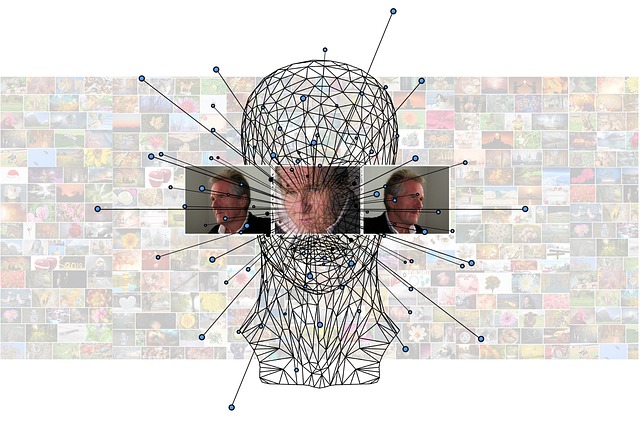Revolutionizing Business Automation: The Power of Adaptive Control Algorithms in Robotics and Artificial Intelligence
In an era where efficiency and innovation define the landscape of business, adaptive control algorithms are emerging as game-changers in the realms of robotics and artificial intelligence. These algorithms are not just abstract concepts; they are the heartbeat of automation technologies that are transforming how we operate in many industries.
The Essence of Adaptive Control
At its core, adaptive control refers to a system’s ability to adjust its parameters in real-time based on external conditions and feedback. This flexibility is crucial in industries where the marketplace is constantly evolving. No longer are businesses confined to static models and predictable patterns; with adaptive control, companies can embrace change and anticipate challenges with unprecedented agility.
Robotics: The Physical Manifestation of Intelligence
When we think of automation, robotics often comes to mind. Thanks to adaptive control algorithms, robots are becoming more autonomous and smarter. These intelligent machines can learn from their environment, adjust to new tasks, and optimize their performance. For instance, in manufacturing, robotic arms are now capable of adapting to variations in production requirements, whether it’s adjusting to different components on an assembly line or recalibrating parameters to enhance precision.
Artificial Intelligence: The Brain Behind the Operation
Artificial intelligence takes adaptive control a step further. By leveraging vast amounts of data, AI systems can continuously improve their decision-making processes. Machine learning models that integrate adaptive control principles can refine algorithms based on real-time inputs, leading to enhanced predictive capabilities. Imagine a customer service chatbot that evolves with every interaction, becoming more effective in addressing customer inquiries and issues over time.
Automation in Business: Bridging Gaps
In the business landscape, automation powered by adaptive control is bridging gaps that were previously unachievable. From supply chain management to customer relationship management systems, the ability to adapt in real-time allows for streamlined operations and enhanced customer experiences. For instance, retail businesses can adjust inventory levels and product placement dynamically based on buying trends that are analyzed instantaneously, ensuring that they meet demand without overstocking.
The Future is Here
The integration of adaptive control algorithms in robotics and AI signifies a shift towards a smarter, more responsive business world. Companies that embrace these technologies are not just surviving; they are thriving in a competitive marketplace that demands innovation and adaptability. This is the power of adaptive control—transforming not just the way we automate, but how we think about the very essence of business itself.




